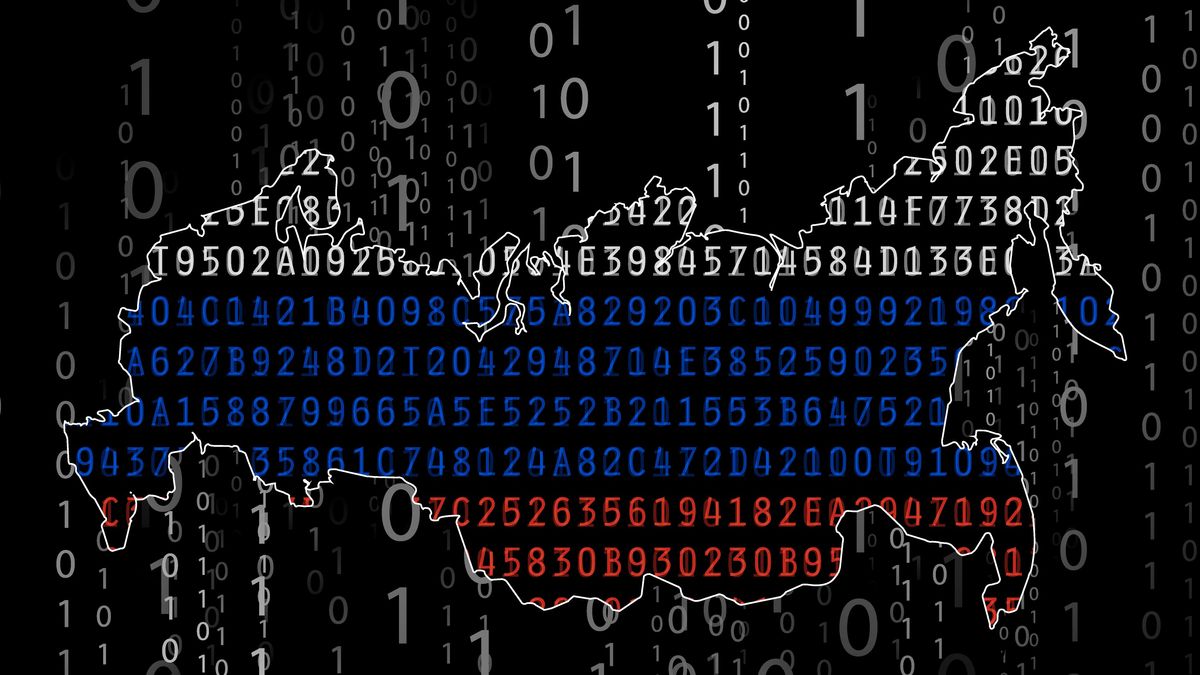Russia Intensifies Internet Control: VPNs Blocked, Cloudflare Subnets Targeted
Russia's ongoing efforts to control internet access within its borders have taken a significant step forward, with reports surfacing of widespread VPN blocking and targeted disruptions to Cloudflare subnets. This move represents a further tightening of the country's digital iron curtain, raising concerns about freedom of information and the future of online access for Russian citizens.
The VPN Crackdown: Numerous VPN providers have reported increased difficulty in accessing the Russian internet. While the exact methods employed by the Russian authorities remain unclear, it's believed they're utilizing deep packet inspection (DPI) and other sophisticated techniques to identify and block VPN traffic. This isn't the first time Russia has attempted to curb VPN usage; however, the current scale of the blockage suggests a more determined and comprehensive effort. This crackdown affects both free and paid VPN services, highlighting the government's commitment to restricting access to uncensored information.
Cloudflare Subnets in the Crosshairs: Reports also indicate that certain Cloudflare subnets are experiencing intermittent disruptions within Russia. Cloudflare, a major content delivery network (CDN), provides services to countless websites globally. Targeting its infrastructure suggests a broader strategy to impede access to international content, even for those who might be circumventing VPN blocks through alternative means. This tactic demonstrates a sophisticated understanding of internet infrastructure and a willingness to target key nodes in the global network.
Implications and Concerns:
- Freedom of Speech: The blocking of VPNs and targeting of Cloudflare subnets directly undermines freedom of speech and access to information. Many Russians rely on VPNs to bypass government censorship and access news sources and websites blocked within the country.
- Economic Impact: The restrictions could negatively impact businesses operating in Russia that rely on international connectivity and cloud services. The uncertainty created by these actions can deter foreign investment and hinder economic growth.
- International Relations: These actions are likely to further strain Russia's relationship with the international community, particularly with countries emphasizing online freedom and open internet access. It raises questions about Russia's commitment to international norms and standards.
- Technological Arms Race: The ongoing cat-and-mouse game between the Russian government and VPN providers and CDNs is likely to fuel a technological arms race, with both sides continuously developing new methods to circumvent restrictions and enhance censorship capabilities, respectively.
What Happens Next?
The future of internet access in Russia remains uncertain. While VPN providers and users will undoubtedly continue to explore methods to bypass the restrictions, the Russian government is likely to adapt and refine its censorship techniques. The situation warrants close monitoring and raises serious concerns about the future of online freedom in the region. International organizations and governments should actively address these issues and advocate for a free and open internet.
Keywords: Russia, VPN, Cloudflare, censorship, internet control, digital iron curtain, deep packet inspection (DPI), freedom of speech, online freedom, internet access, Russia sanctions, geopolitical implications
Related Articles: (This section would include links to other relevant articles on your website or other reputable news sources discussing related topics, such as previous Russian internet restrictions or the global landscape of internet censorship.)
Call to Action: Stay informed about the evolving situation in Russia and support organizations dedicated to protecting online freedom and access to information worldwide.

